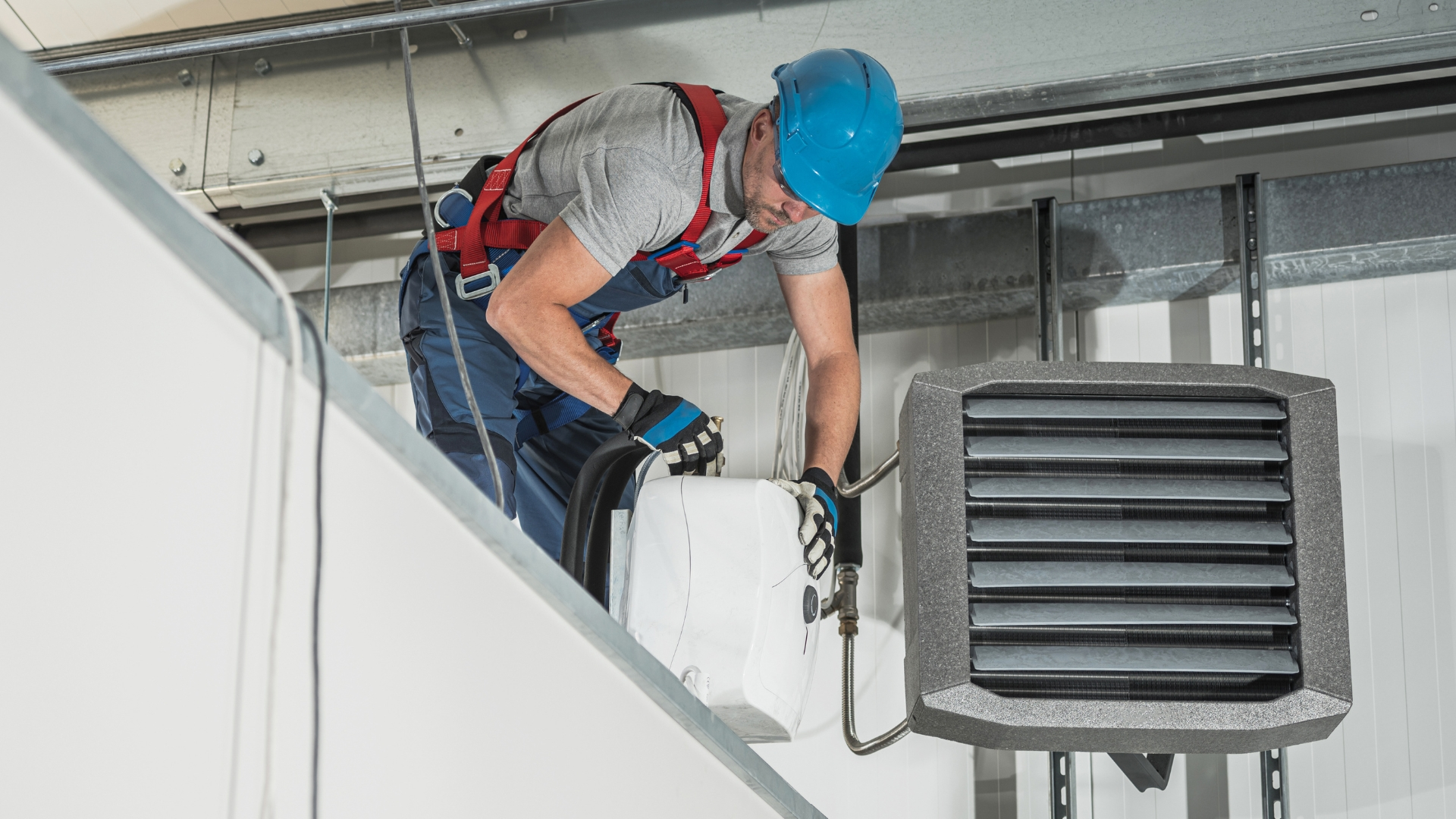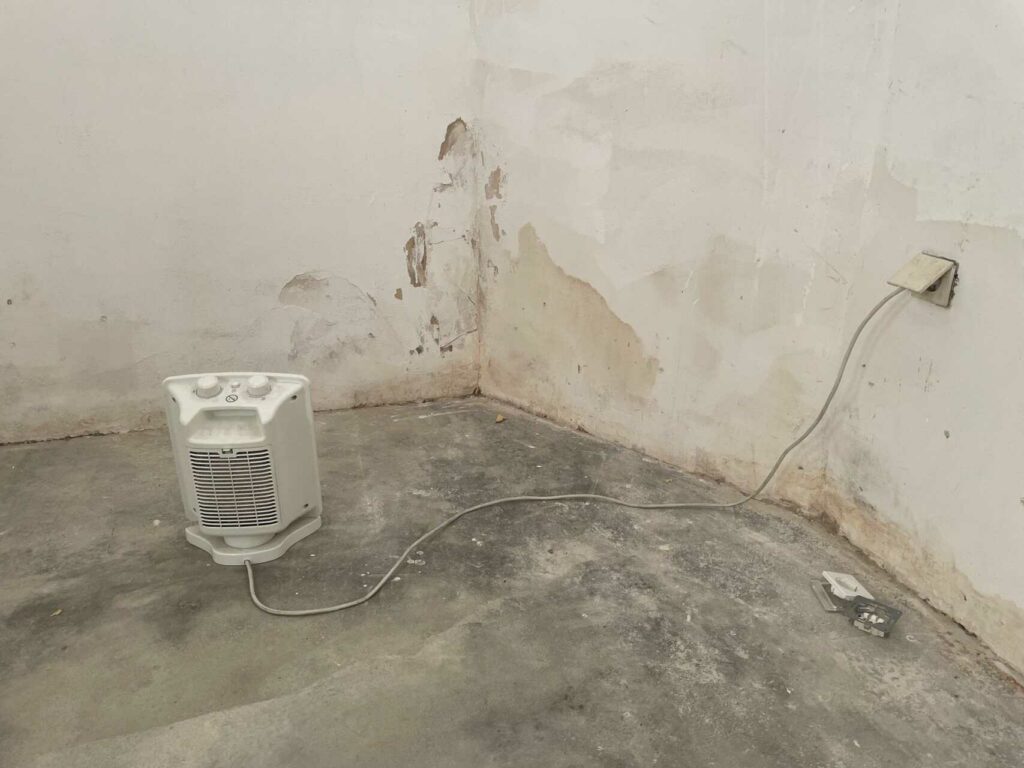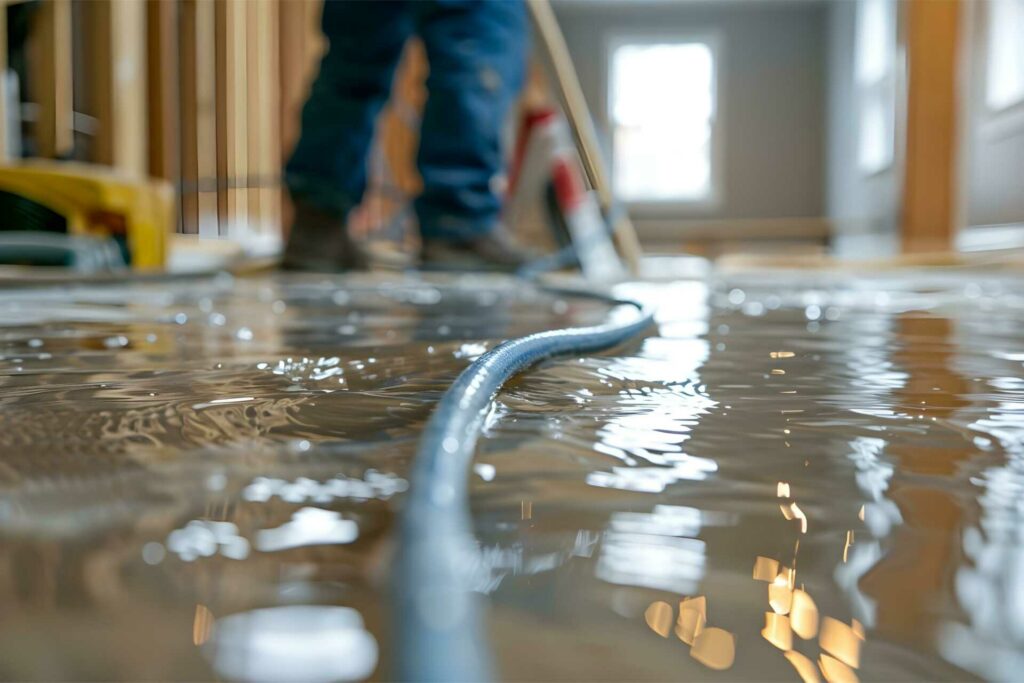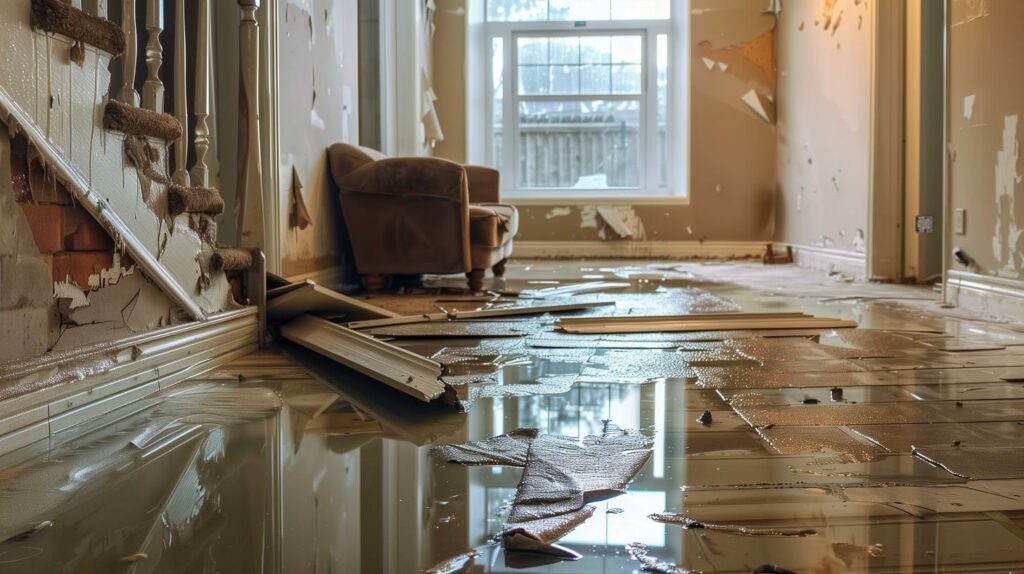Contents
Have you been waking up to freezing cold showers lately? Or maybe your water isn’t as hot as it used to be. If you’re having problems with your hot water heater, it’s hard to know what to do next. Should I try to fix my own water heater? After all, you rely on your hot water heater a lot – from doing the dishes to a relaxing bath at the end of a long day. So, what should you do if you’re having problems with your hot water heater?
Check Water Supply Lines
If you discover a leaking hot water heater, you should check your water supply lines first. If these are the culprit, you’ll likely see water pooled around the base of your water heater or coming out from the supply lines. In most cases, simply tightening the fittings on the lines will stop the leak. However, if the damage is more serious, you might need to replace the entire line. Another possibility is that the leak is coming from within the tank. If this is the case, it’s usually due to a faulty heating element or a crack in the tank. In either case, it’s best to call a professional for help. With a little investigation, you should figure out where your hot water heater is leaking from.
Check Water Temperature and Pressure Valve
You know it’s time to check your hot water heater when you notice puddles of water around it. The first thing you should do is check the temperature and pressure valve. If this valve is loose, it could be the reason your heater is leaking. Tightening the valve, or reinstalling it with a fresh plumber’s tape wrapped around the threads, might solve the problem. The T&P valve could leak if the water heater is heating the water to a temperature that is too high. Another option might be to add a water expansion tank or lower the water temperature. If the leak continues, it might be time to replace your hot water heater.
Examine Water Tank
If none of the prior inspections showed a cause for leaking, the tank inside the water heater likely has gone bad. This can happen for several reasons, including rusting or corrosion. It won’t merely be a modest drip; it will be a significant flooding leak. The water heater must be replaced if the tank has ruptured. In the meantime, turn off your water heater and do not use hot water until the issue has been resolved.
Check Water Nipples
You might be surprised to learn that your water heater can leak from different places. One of the most common places is from the water heater nipples. These are on top of the water heater and connect the cold water inlet pipe to the hot water exit pipe. If you’ve already changed the supply tube, but the leak is still present, the nipple is probably to blame. If you notice any leakage from these nipples, you must replace them as soon as possible.
Reach Out to a Professional
You could be questioning why it’s necessary to call a professional when your hot water heater leaks. Should I try to fix my own water heater? After all, you can fix most things around the house. However, a few reasons explain why it’s best to leave this job to the professionals. First, hot water heaters contain dangerous chemicals. If these chemicals were to leak, they could cause serious health problems. In addition, hot water heaters are filled with scalding hot water. You could be seriously injured if you come into contact with this water.




